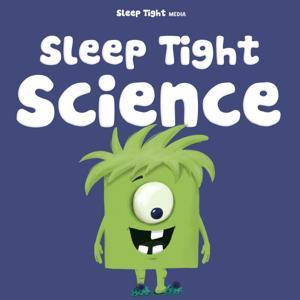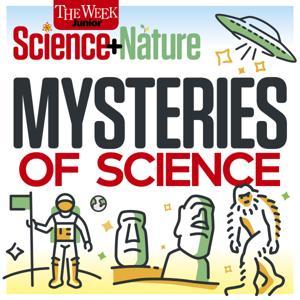
Sign up to save your podcasts
Or



By Fun Kids
Exploring the coolest and most incredible stuff in science, from way back when dinosaurs roamed the Earth to a future where humans live in space!
Fun Kids Science Quest is hosted by Dan and
... more




4.4
418418 ratings



The podcast currently has 521 episodes available.










The podcast currently has 521 episodes available.

13,758 Listeners

2,645 Listeners

28 Listeners

21 Listeners

14 Listeners

45 Listeners

5,162 Listeners

21 Listeners

22 Listeners

0 Listeners

28 Listeners

6,197 Listeners

7 Listeners

30,143 Listeners

4,838 Listeners

14,134 Listeners

1,662 Listeners

6,425 Listeners

180 Listeners

18,620 Listeners

54 Listeners

701 Listeners

10 Listeners

574 Listeners

117 Listeners

7 Listeners

9 Listeners

229 Listeners

3 Listeners

2 Listeners

24 Listeners

0 Listeners

0 Listeners

13 Listeners